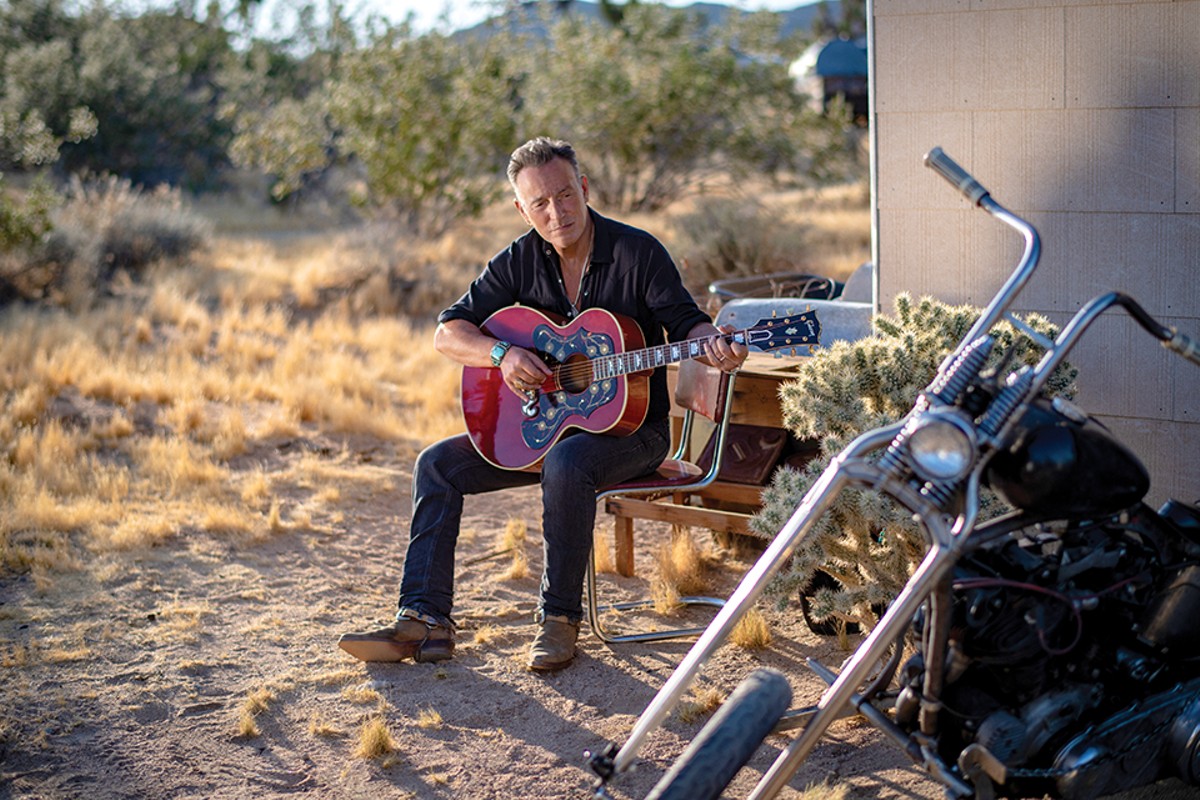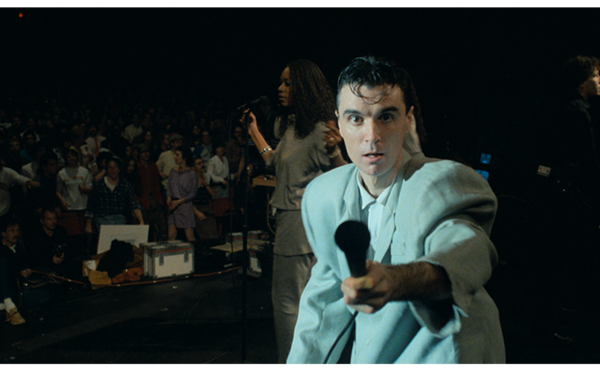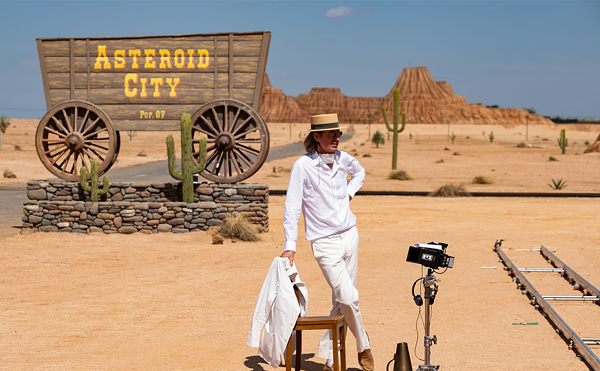Ever since he received the relatively unusual honor of gracing simultaneous Time and Newsweek covers in 1975, Bruce Springsteen has had a dual presence in the music world. There was the sensitive, introspective songwriter who turned the mundane realities of middle-class life into pop poetry, and there was The Boss, BRUUUCE!!!, the barnstorming performer whose marathon concerts and devoted fan base were coveted by everyone from Ronald Reagan to the fuzzy folks on Sesame Street.
In recent years, Springsteen has remolded his public persona by way of an autobiography, a one-man-show on Broadway and now, a new album and film, Western Stars, all revealing a calm and more reflective view of life after nearly 50 years in the public eye. He's not the first musician to try an image makeover after a long and celebrated career: Leonard Cohen spent his sixties and seventies as a world-weary lounge lizard, a poetic Maurice Chevalier still wrestling with the meaning of life; Bob Dylan, currently 78 years old, has spent several decades recasting himself as a traveling crooner; in his most recent incarnation (which passed through town last week) he strides the stage like Elmer Gantry trading in his choir for a raw roadhouse band. We can't begrudge Springsteen for feeling like he's outgrown the sleeveless, muscle-bound rocker of 1984 who raced across stages and pulled a thrilled young Courteney Cox out of the crowd.
Western Stars — the album — is a collection of thirteen songs about memory, aging, loss and reflection told from the perspective of different characters, including, in the title track, a semi-retired cowboy actor. The film consists of those same thirteen songs performed by Springsteen, his wife Patti Scialfa, a small band and a nineteen-piece orchestra giving a private concert in the comfort of his 100-foot-tall barn. As concert films go, it would make a perfectly good home video release or television special. The songs are, to my somewhat biased ear, excellent and the addition of strings marks them from earlier Springsteen work and brings out the sincerity of his vocals.
Not content to rest on the quality of the music, Western Stars aspires to something more than just a concert film, but it's not clear what that might be. Each song is introduced by overwrought introductory segments that show the Boss driving across the desert, hanging out in bars, watching horses run or just looking weathered. Earnest, but weathered. The verbal introductions are redundant at best, strained and pretentious at worst, and Springsteen reads them with an exaggerated sense of their significance. They're also cautiously (and oddly, given Springsteen's history) apolitical. These meditations on memory, aging and loss could be coming from any place and any time. Western Stars doesn't really have a narrative, but Springsteen tries to hint at one (albeit one that sounds remarkably similar to the recent Sam Elliott film The Hero).
I don't doubt his intentions, but the simple-man-of-the-earth bit isn't convincing. The film shows the Boss carousing in beer halls with ordinary folks, but can't help focusing on his out-of-place material trappings. He's singing about motel rooms and empty roads, but the film offers aerial shots of a ranch only slightly larger than the average shopping mall. In one of the introductions, he makes a brief aside comparing his music to the pop arrangements of Jimmy Webb, the songwriter responsible for "Up, Up and Away," "MacArthur Park" and several Western laments recorded by Glen Campbell. Another song, "Hello Sunshine," recalls the shuffling guitar of Nilsson's "Everybody's Talkin,'" the theme music for another transplanted Hollywood cowboy. Is he nodding to a long tradition of pop music donning cowboy fashion? Does Springsteen want to admit that it's just an act, the Marlboro man posing and archetypal Western imagery? His encore number (I won't give it away), played as the end credits begin, is his wink at the audience, showing the pop star roots hiding behind the Western artifice.
Western Stars also offers a hint of what may be an annoying new trend in theatrical screenings. As the film began, a title card alerted the audience to stay after the credits for additional material, which turned out to be an unexceptional making-of short which will undoubtedly turn up on the home video release. As more recent films have tried to extend their theatrical life by adding additional footage or deleted scenes or, in the case of The Current Wars, actually advertising that the film is the director's cut, it appears that theaters are challenging the way people watch films at home by slavishly imitating it. Will those reclining chairs in the newest auditoriums soon come with remotes?





